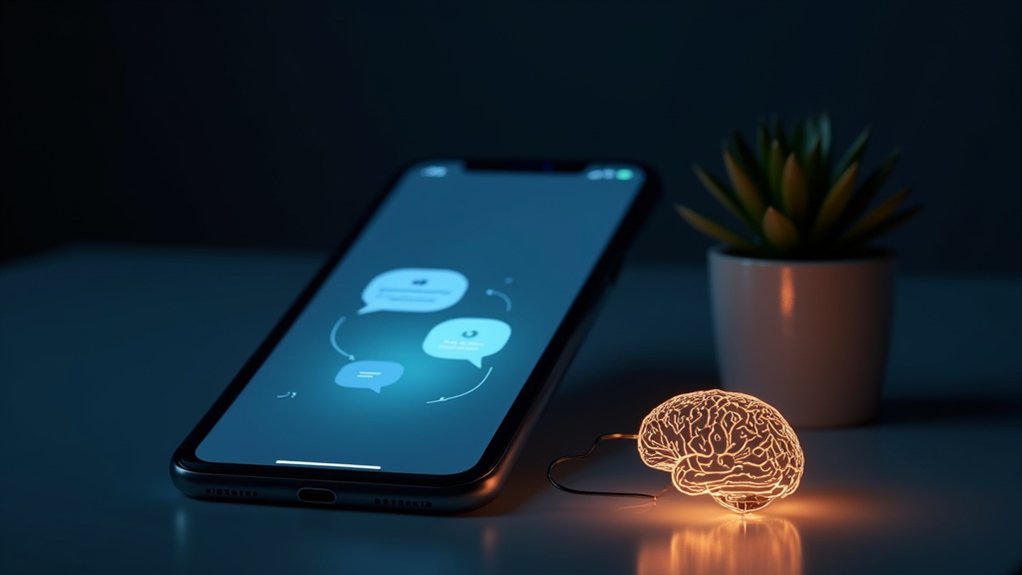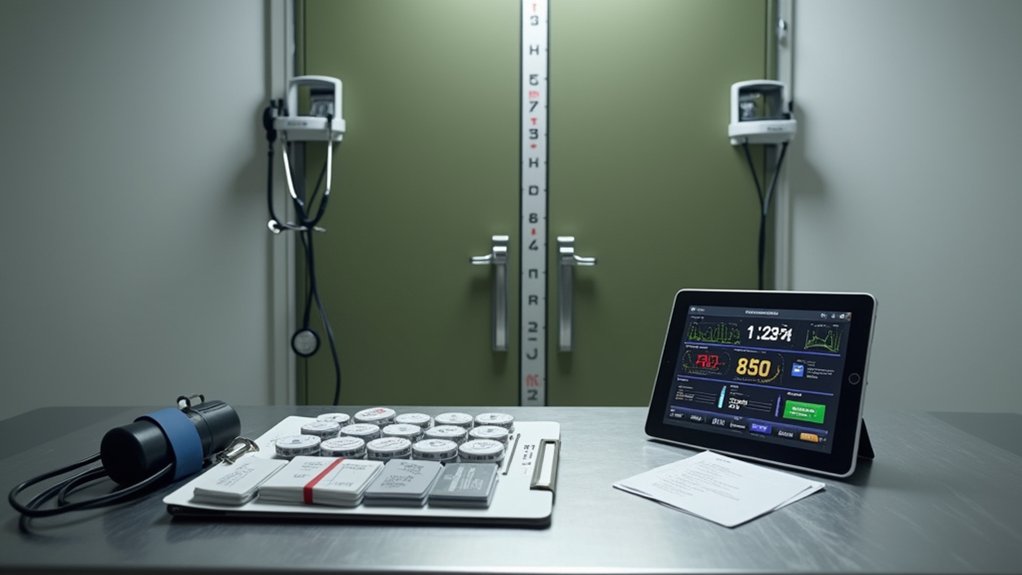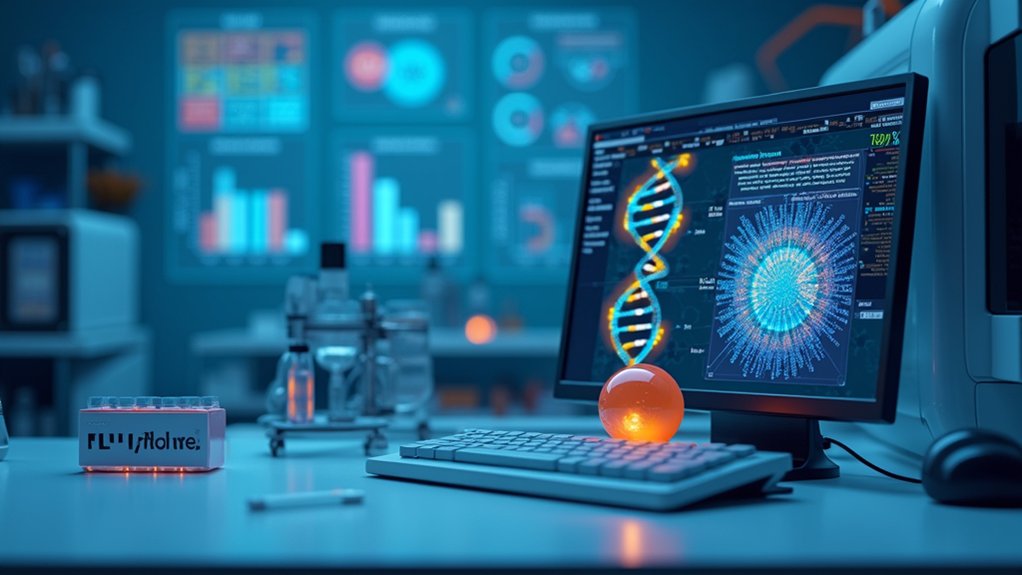As mental health professionals struggle to meet overwhelming demand, AI chatbots are emerging as a surprisingly effective tool for treating depression and anxiety. Recent research has shown these digital companions can actually make a dent in mental illness symptoms—not just a tiny dent, but a significant one. A meta-analysis of 18 trials with 3,477 participants found remarkable improvements in both depression and anxiety symptoms. No, they’re not replacing human therapists anytime soon, but they’re certainly doing more than expected.
The numbers don’t lie. One trial using “Therabot” showed a 51% average symptom reduction for major depressive disorder and 31% for generalized anxiety disorder. That’s not nothing. Another study found AI conversational agents reduced depression symptoms 64% more effectively than control groups. Popular chatbots like Woebot and Wysa have proven themselves in randomized controlled trials. Therabot’s research involved a control group of 104 individuals not using the app for comparison. Who knew algorithms could be so therapeutic?
The data speaks volumes—AI therapists aren’t just marginally effective, they’re making remarkable impacts where human help falls short.
These digital therapists aren’t just winging it. They’re using evidence-based approaches like Cognitive Behavioral Therapy and Dialectical Behavior Therapy—the same techniques human professionals employ. Developers aren’t amateurs either; Therabot was created with continuous input from psychologists and psychiatrists. They’re doing their homework.
The accessibility factor is huge. Available 24/7, these chatbots don’t sleep, take vacations, or make you wait three months for an appointment. One implementation showed a 32% increase in service access, with 40% of self-referrals happening outside normal working hours. Mental health crises don’t stick to a 9-to-5 schedule, after all. AI chatbots have demonstrated incredible reach, with some studies including sample sizes of up to 990,000 users for mental health interventions.
Users seem to actually like these robotic therapists. They report trust levels comparable to human therapists. No judgment, complete privacy, and zero eye-rolling when you bring up the same issue for the tenth time. Some chatbots receive satisfaction ratings above 4 out of 5, with over 80% of users finding them helpful.
They’re not perfect—engagement remains challenging—but gamification and personalization help keep users coming back. For millions lacking access to traditional therapy, these AI therapists might be the next best thing.




